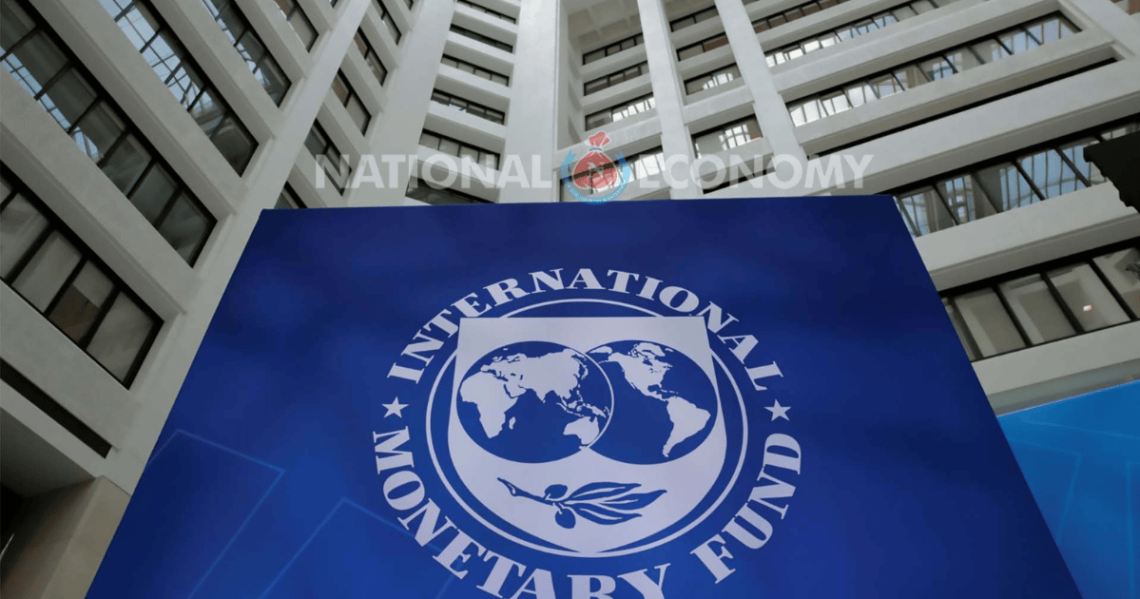The International Monetary Fund (IMF) has revised downward its economic growth projection for Nigeria in 2024, slashing it from the previously declared 3.1 per cent in October to 3.0 per cent, representing a 0.1 per cent decline.
This adjustment was disclosed in the IMF’s updated World Economic Outlook for 2024 and 2025. The report also indicated a downward revision for Sub-Saharan Africa’s economic growth, now forecasted at 3.8 per cent in 2024 (down from the initial 4.0 per cent in October) and 4.1 per cent in 2025. South Africa experienced an 0.8 per cent reduction in economic growth prospects, attributed to logistical challenges, particularly in the transportation sector.
On a global scale, the IMF projected a 3.1 per cent growth in the world economy for 2024, an increase from the 2.9 per cent forecasted in October. However, the organization maintained its forecast for 2025 at 3.2 per cent.
The IMF outlined various downside risks to the global economy, including potential spikes in commodity prices due to geopolitical shocks and global supply disruptions. Concerns were raised about persistent inflation, which could lead central banks to maintain higher interest rates for extended periods.
The report also emphasized worries about the potential fragmentation of global trade into competing blocs. The IMF projected world trade growth at 3.3 per cent in 2024 and 3.6 per cent in 2025, below the historical average rate of 4.9 per cent.
The institution pointed out that approximately 3,000 new trade restrictions were implemented globally last year, nearly three times the number recorded in 2019.





